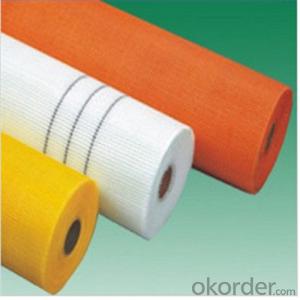Flexible Composite Pipe: Bending to the Needs of Industry
In the ever-evolving landscape of industrial innovation, one material has stood out for its versatility and adaptability: the Flexible Composite Pipe (FCP). This modern marvel of engineering bends to the needs of various industries, offering solutions that are as robust as they are flexible. Let’s dive into the world of FCPs and explore how they are revolutionizing the way we approach infrastructure and transportation.
The Backbone of Modern Infrastructure
FCPs are not just pipes; they are the backbone of modern infrastructure. These pipes are designed to withstand the test of time and the rigors of diverse environments. Whether it’s the deep sea, the scorching desert, or the freezing tundra, FCPs have proven their mettle in numerous applications.
Imagine a pipe that can handle high pressure and extreme temperatures without compromising its structural integrity. That’s the beauty of FCPs. They are engineered to be lightweight yet incredibly strong, making them ideal for transporting oil, gas, and other fluids across challenging terrains.
The Art of Flexibility
But what sets FCPs apart from traditional pipes is their flexibility. They can bend and twist without breaking, adapting to the contours of the earth without the need for extensive excavation or construction work. This not only speeds up installation but also reduces the environmental impact of pipeline projects.
The flexibility of FCPs is not just a matter of convenience; it’s a testament to the ingenuity of their design. Engineers have crafted these pipes to absorb vibrations and resist fatigue, ensuring a long service life with minimal maintenance.
A Seamless Fit for Industry Needs
FCPs are tailored to fit the unique needs of various industries. For the oil and gas sector, FCPs offer a non-corrosive alternative to metal pipes, reducing the risk of leaks and the associated environmental hazards. In the water management industry, they provide a durable and leak-proof solution for transporting water across long distances, even in areas prone to seismic activity.
Moreover, FCPs are a game-changer for the renewable energy sector. With their ability to withstand harsh conditions, they are perfect for transporting fluids in solar thermal plants or wind farms located in remote areas.
Innovation at Every Bend
The innovation behind FCPs is not just about the material itself but also about the process of manufacturing and installation. The production process is highly automated, ensuring consistency and quality in every pipe. The installation process is streamlined, with specialized equipment designed to handle the unique properties of FCPs.
This focus on innovation extends to the development of new applications for FCPs. Researchers and engineers are constantly exploring ways to enhance their performance and expand their use in various industries.
The Future of FCPs: A Flexible Tomorrow
As we look to the future, the role of FCPs in industry is only set to grow. With a growing demand for sustainable and efficient solutions, FCPs are poised to become an even more integral part of our infrastructure.
From reducing the carbon footprint in transportation to enabling the expansion of renewable energy projects, FCPs are shaping up to be a key player in the quest for a greener and more efficient world. As industries continue to evolve, the adaptability of FCPs will ensure that they remain at the forefront of innovation.
Embracing the Change: A Personal Touch
In a world where change is the only constant, FCPs represent more than just a technological advancement. They embody the spirit of innovation and the drive to meet the challenges of tomorrow. As we embrace these changes, FCPs are not just bending to the needs of the industry; they are also bending to the needs of our planet and its people.
In conclusion, Flexible Composite Pipes are not just a product of engineering; they are a symbol of our collective desire to build a better future. With their unique combination of strength, flexibility, and adaptability, FCPs are truly bending to the needs of industry and beyond.

